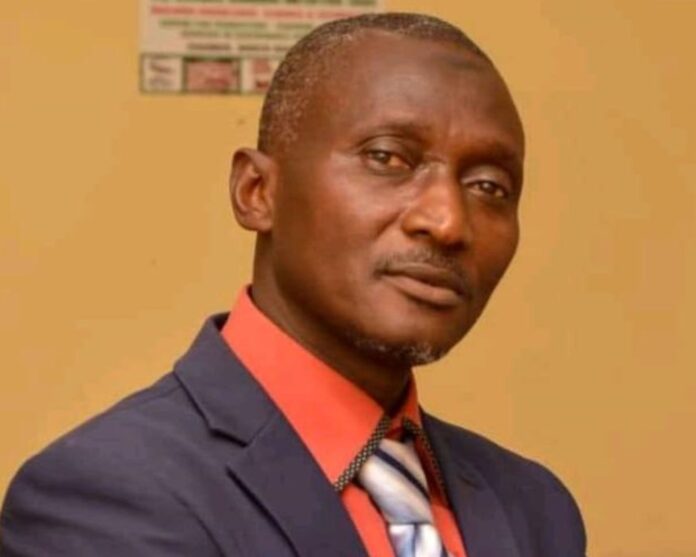By: Dawda Baldeh
Once a prominent political party during Jawara’s administration, the People’s Progressive Party (PPP) is currently grappling with internal disputes and gradually losing its influence in the Gambian political arena. In December of the previous year, the party convened its congress, resulting in the election of new leaders. Unexpectedly, this election faced opposition from a faction within the party, which challenged the new leadership on grounds of constitutional breaches.
In an interview with The Fatu Network, Uthman Jeng, a representative of the faction, clarified that the matter revolves around maintaining constitutional integrity and fairness in the electoral process. “We are not contesting the election results. Instead, we are bringing attention to constitutional violations committed by certain candidates who intentionally neglected to meet a fundamental requirement,” he stated.
Mr. Jeng further noted that signing the mandatory constitutional undertaking is a prerequisite for every candidate, as explicitly outlined in the constitution. “All candidates are required to sign this undertaking prior to participating in our electoral processes. Failure to sign will lead to disqualification,” Jeng quoted from the party constitution. He stressed that the core of democracy is rooted in adherence to constitutional provisions.
“Elections are not solely about participation; they are also about fulfilling the established requirements of fairness and credibility. This principle applies equally to all candidates. Disqualification is not a pre-election determination but a result of not meeting the established criteria during the process,” he elaborated.
Jeng, who is part of the faction that contested the December congress, stated that rules are enforced when violations occur. He indicated that the body tasked with organizing the elections adheres to due process to ensure the constitution is upheld. “No one is above the law,” he contended, adding that the integrity of the electoral process relies on the impartial enforcement of the law.




